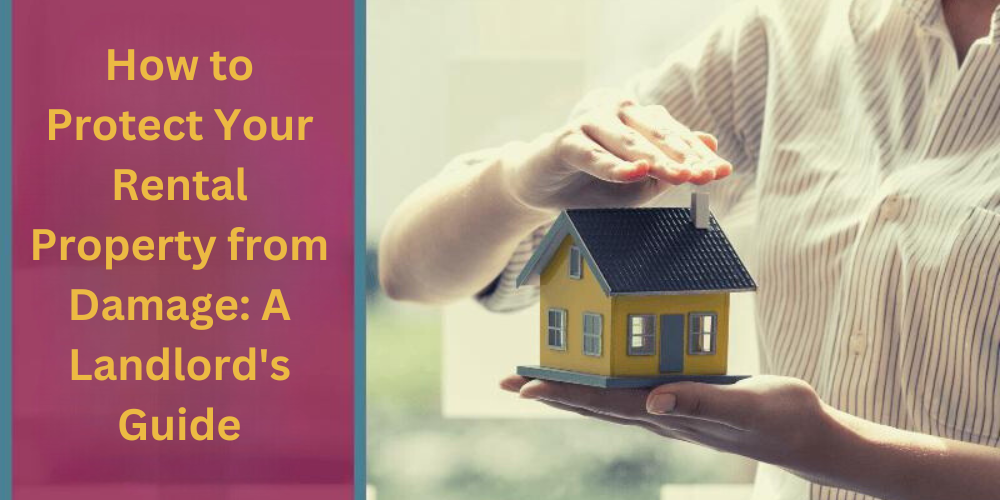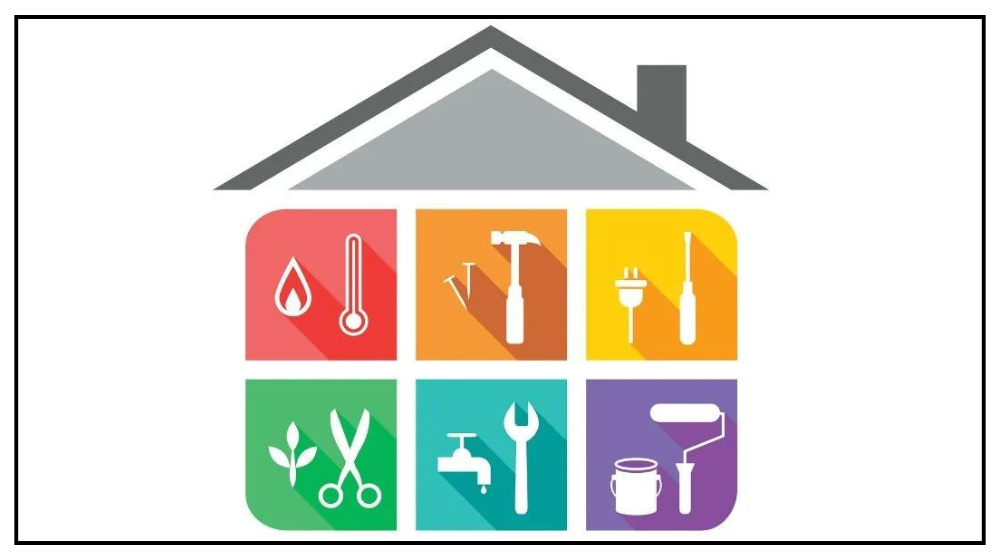How to Protect Your Rental Property from Damage: A Landlord’s Guide
The quality of the rental property is what the landlord needs to ensure long-term investment success. Prevention of damage not only helps in the protection of an asset but also eases the process of tenant turnover drastically. Here are some important strategies for safeguarding your property: Thorough Screening of Tenants: · Detailed Background Checks: Check the authenticity of income, rental history, criminal records, etc., which helps reduce risks. · Reference Checks: Previous landlords may be contacted regarding the tenant’s behavior and payment history. Spell Out the Lease Agreement: · Property Condition: Property condition is clearly described with photographs and inventories detailing this. · Maintenance Responsibility: Property upkeep by the tenant is described clearly in respect to conditions. · Damage and Liability Clauses: Complete property damage and liability clauses regarding the tenant are included. Regular Inspection · Routine Inspections: Regular inspection of the premises for any possible issues at an early stage · Notification to Tenants: Proper notice is to be given to the tenant of such visits or inspections. · Documentation: The pictures taken during the inspection, along with an inspection report on the findings. Quality Construction and Materials: · Durable Fixtures: Not having to replace fixtures and appliances often makes quality ones a sound investment. · Resilient Flooring: Rather than using carpets, invest in easy-to-maintain, long-lasting flooring like hardwood or tile. · Proper Ventilation: Good ventilation will ensure that there is no moisture building up, thus the growth of mold and mildew is significantly decreased. Educating Your Tenants: · Maintenance Guidelines: Educate your tenants about how to take good care of your property, starting from using appliances to proper waste disposal. · Contact Information: Keep clear contact information for emergency conditions. · Open Communication: Encourage openness of communication about any problem or issue that might arise. Insurance Coverage: · Comprehensive Landlord Insurance: Get adequate insurance coverage to protect your investment. · Tenant Liability Insurance: Consider requiring tenants to carry renters insurance. Technology and Security: · Smart Home Devices: Smart locks, smart thermostats, and security systems all add some protection. · Security Cameras: Additional cameras provide increased surveillance. Leverage Online Property Management Platforms: Real Estate Dekho: List your property at Real Estate Dekho will attract quality tenants. With the facility available on the site, you can scrutinize the tenant and manage the property effectively.By taking such steps and availing of facilities provided on sites like Real Estate Dekho, you could minimize the chances of damages to your rental property to a large extent; hence, ensuring an experience which will be delightful to you and your tenant.
How to Protect Your Rental Property from Damage: A Landlord’s Guide Read Post »


